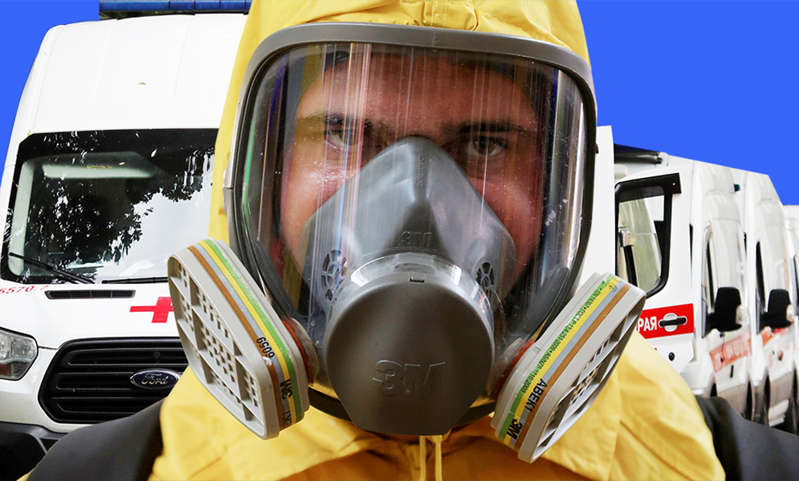Rambler has collected the most important news about the coronavirus pandemic in Russia and in the world in recent years. Read the digest, subscribe to Rambler in social networks: Facebook, VKontakte, Odnoklassniki.
Immunologist warned about “descendants” of Indian strain of coronavirus
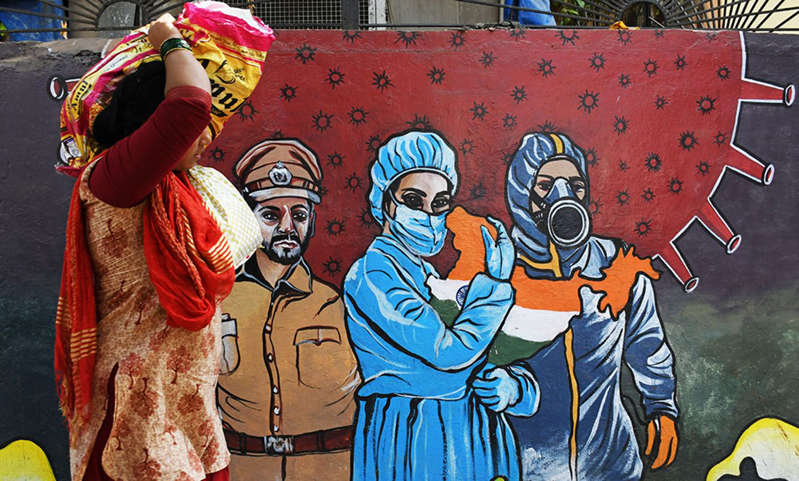
Candidate of Medical Sciences, immunologist Nikolai Kryuchkov, in an interview with Sputnik radio, said that the Indian strain of the delta plus coronavirus dominates in Russia, but it will eventually be replaced by other variants of SARS-CoV-2. The specialist noted that the most recent line of coronavirus that attracted attention is the Colombian strain “mu”. “I think that for Russia it does not pose a great danger, since it will be extremely difficult for it to defeat the delta strain in the evolutionary battle,” he said. According to the immunologist, the “mu” option does not have special advantages that would help it take a dominant position in Russia. At the same time, the Indian strain of the coronavirus is highly infectious.
The expert said that the situation with COVID-19 in Russia will stabilize in December
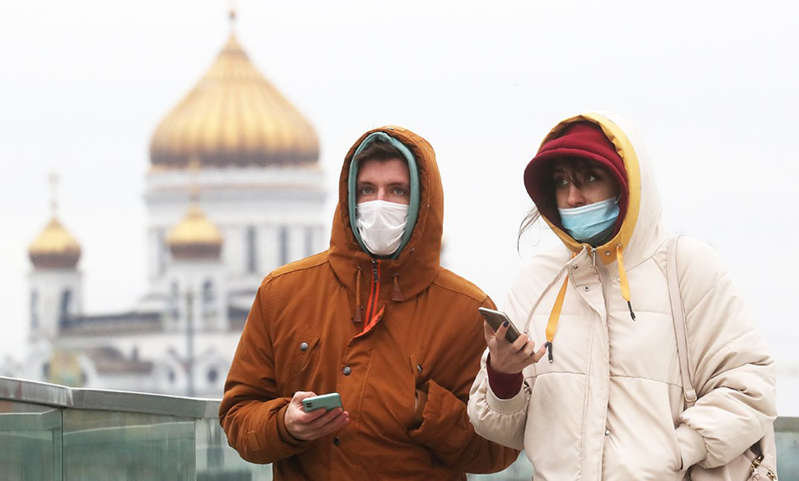
The current wave of coronavirus in Russia will only stabilize by mid-December. This period will be the most difficult. This opinion was shared by the chief physician of the Leader-Medicine medical center, pediatric infectious disease specialist Yevgeny Timakov. Russia can survive the fourth or fifth wave in a more or less mild form, the expert said. “There will be many sick people, but there will be less and less severe cases with each wave. The heaviest will be this wave, which will last for six months. This is the third wave, it is still going on, it began in June and continues,” TASS reports Timakova. The decrease in the number of cases will begin in November. And in December, the doctor believes, there will be a stable and equal number of cases.
Every eighth Russian can get severe COVID-19
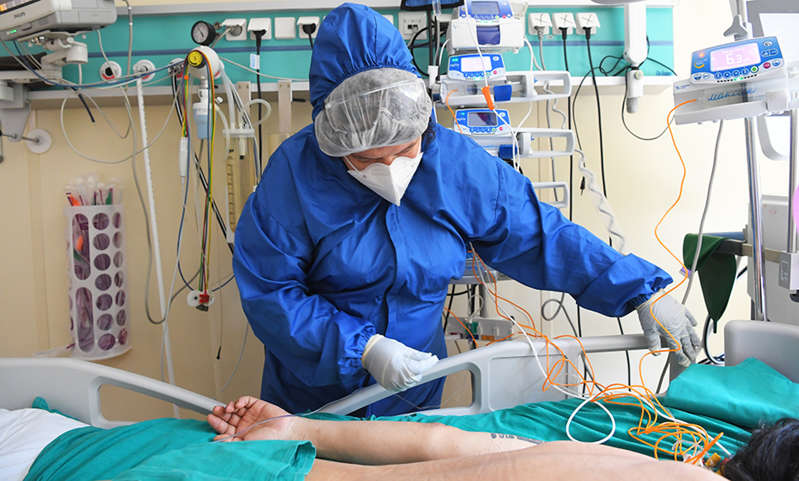
Patients with a special gene variant that regulates the immune system are twice as likely to require mechanical ventilation when they become infected with a coronavirus infection. Such data were obtained as a result of studies conducted by a group of scientists from Germany, Switzerland, USA, Spain, Austria, Great Britain and Russia under the guidance of specialists from the German clinic Charité. The results were published in the scientific journal Science Direct. According to the publication, we are talking about variants of the HLA gene. Specialists monitored 435 patients in different countries who suffered from COVID-19 with varying degrees of severity. They were able to establish that a fairly frequent variant of the HLA-C gene (HLA-C * 04: 01) doubles the risk of a complicated course and the need for mechanical ventilation. From Russia, scientists from the Genotek Medical Genetic Center participated in the study. They expanded the sample, using data from the organization's 13,000 patients and scientific publications. Experts have found the presence of this gene in 16% of Swiss residents, 15% of the Spanish population and 13% of Germans and Russians.
Doctors say COVID-19 is becoming a more transient disease
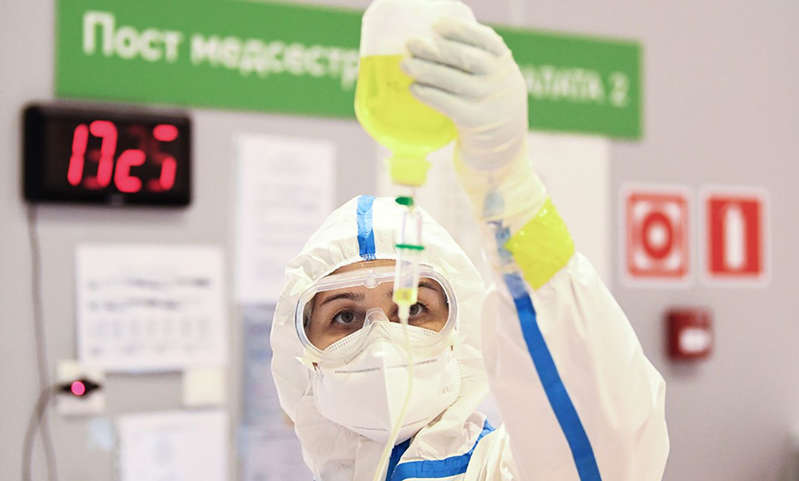
The symptoms of coronavirus this fall differ significantly from previous waves – at first, it became even easier to confuse COVID-19 with a cold or flu. Subsequently, new symptoms appear, and the disease itself becomes more fleeting. This was reported on September 30 by the Public News Service, which interviewed doctors. So, experts called a severe runny nose a new symptom of coronavirus infection, which also develops more rapidly – pneumonia manifests itself on the third day, and not on the seventh, as it was before. From the first days, those infected with the coronavirus have symptoms similar to acute flu: pain and sore throat, high fever. To this may be added deafness with dizziness and loss of smell. Both symptoms indicate a central nervous system (CNS) virus infection, doctors noted.
Moscow will change the search system for contacts with COVID-1 patients
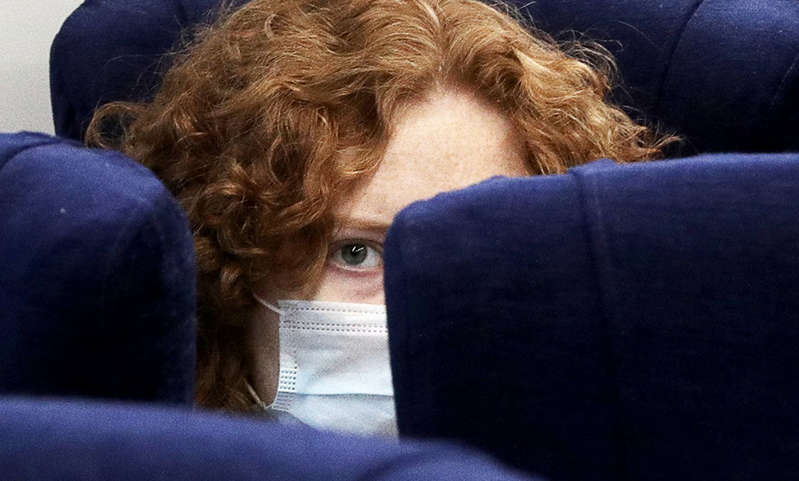
Moscow will improve the Unified Medical Information and Analytical System (UMIAS) and change the process of searching for contacts with COVID-19 patients. About this on Friday, October 1, writes “Kommersant”. According to Kommersant's information, the corresponding tender was placed on September 24. The customer is the Information and Analytical Center for Healthcare, which is controlled by the Moscow Department of Information Technologies. 175 million rubles were allocated for the modernization, and the work needs to be completed in 410 days. It is planned that the operation of the UMIAS system, which provides digital interaction between medical institutions, authorities and patients, will be expanded to include schoolchildren and teachers. It will also be supplemented with the module “Monitoring the incidence of coronavirus infection”. It will allow real-time analysis of the flows of Russians with suspected COVID-19.
Golikova ruled out the introduction of a lockdown in Russia
The Kremlin assessed the risks of destabilizing the situation in Georgia because of Saakashvili
Russians warned about changes in laws from October 1

